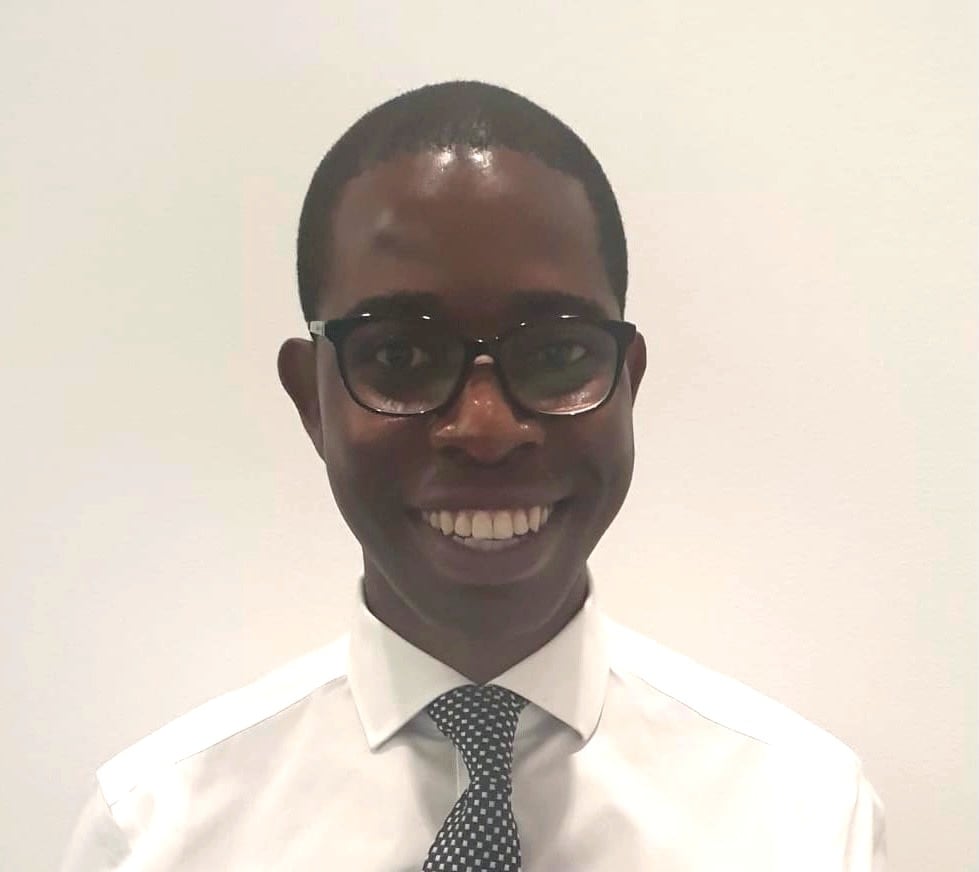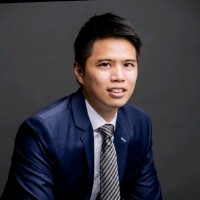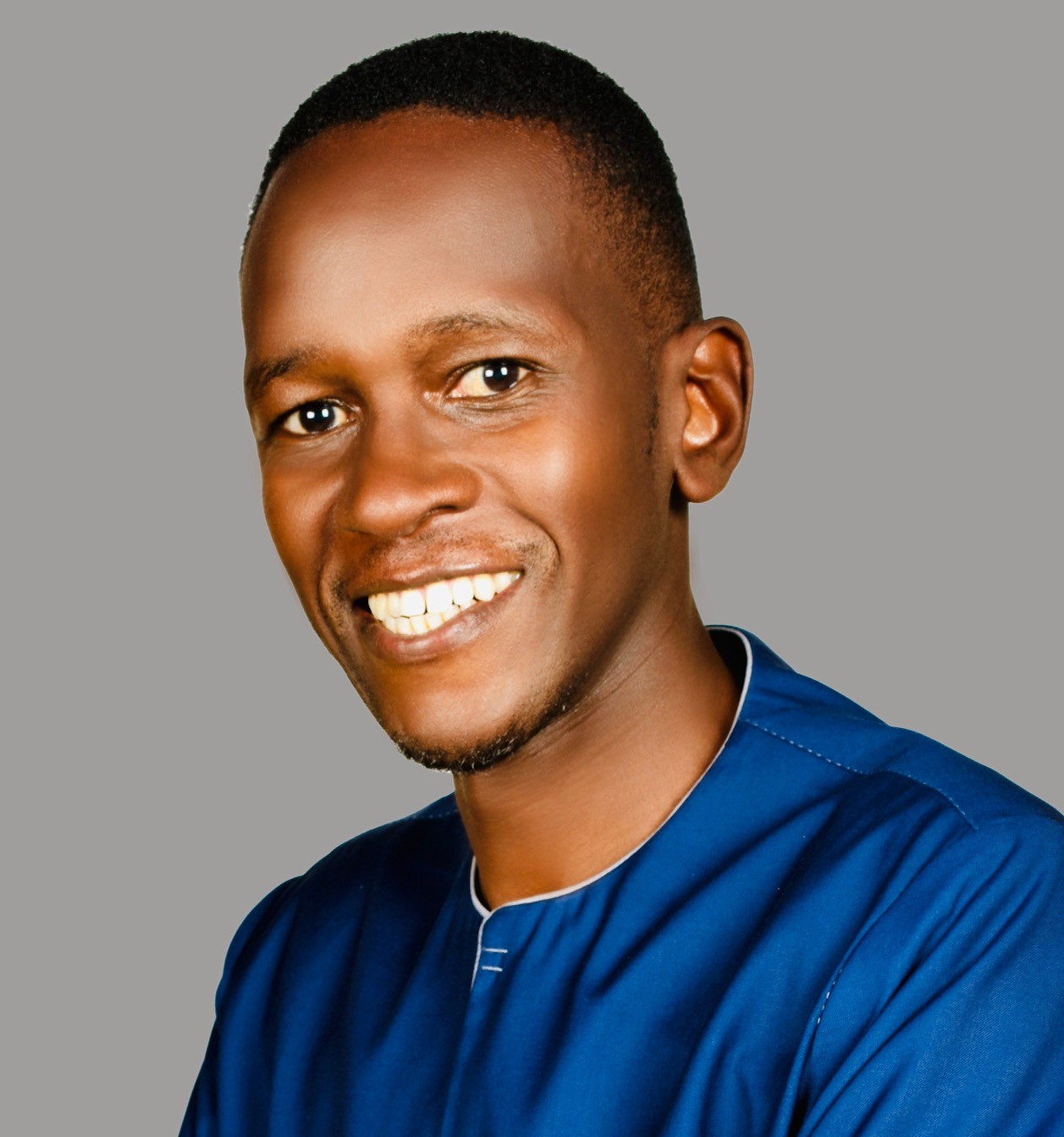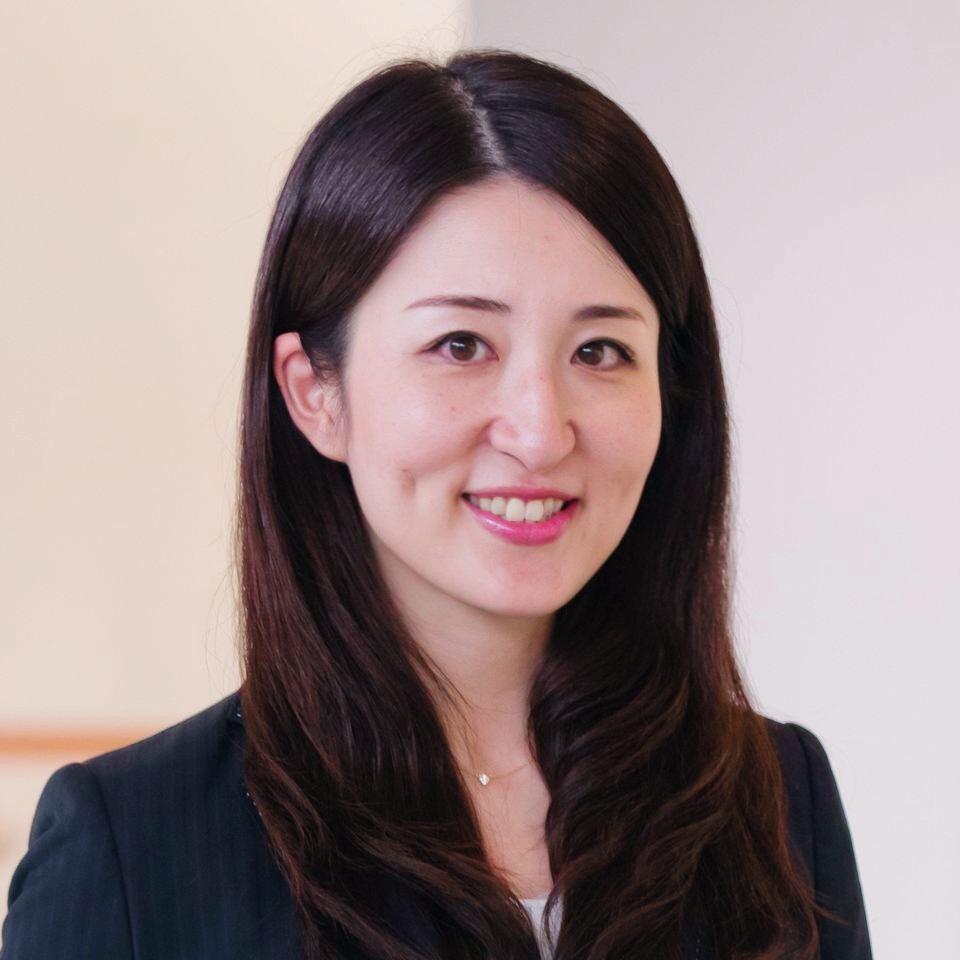INSEAD just ticked all the boxes. I looked at the EMFin curriculum and it was exactly what I had in mind and what I was looking for.
Humphery Marufu

Tell us a bit about your personal and professional background.
I'm from Zimbabwe and I'm currently an Assistant Manager at Deloitte South Africa. Prior to that I was a structured notes and derivatives trader at Absa bank, formerly known as Barclays Africa. One fun fact about me is that I grew up in Zimbabwe, playing soccer in the streets. Up to this day, I'm still an avid soccer fan.
What made you decide to embark on a master programme with the pandemic situation going on?
I'd always wanted to go to business school, but I wasn't sure when would be the right time to do that.
The turning point for me came in 2020 as we entered the global pandemic, along with the global downturn of the economy. I felt that this was probably the best time to upskill and study further.
Why did you choose INSEAD’s EMFin, amongst other programmes out there?
I had always wanted to go to a top-ranked university. But naturally, I wanted to carry on working as well, so I was looking for a part-time part programme at business schools in Europe and the US. I think for me, INSEAD just ticked all the boxes. I looked at the EMFin curriculum and it was exactly what I had in mind and what I was looking for. I submitted my CV and started to have discussions with Mai Chu, the recruitment advisor – and that’s how it all started.
How did you go about financing the EMFin progarmme?
I suppose naturally, the first goal for anyone would probably be to get a scholarship or other funding of some form, either from the school itself or from your company. I ended up having a mix of everything. I received a partial scholarship from INSEAD, as well as partial funding from my company, which also had to approve my study leave as I am taking time off from work to attend classes.
To convince my employer, I built a business case listing the benefits of the programme both in terms of the content I would learn, as well as from an entrepreneurial standpoint and the exposure I would get from studying at a top university.
Then, there are always educational loans, which come from well-established institutions who support international students.
You’ve just completed module 1 which you have attended virtually. Please share your thoughts on the experience, and what have your interactions with your classmates been like?
With the pandemic going on, there already was some expectation that studying a Master’s now was going to be in some form of a hybrid system, where I was not necessarily going to be able to go to campus in person. But then by now we have had almost a year and a half of experience in working from home, attending meetings and conferences online, via Zoom or TEAMS etc., so attending classes virtually felt quite familiar in that sense.
I’ve had a good experience with the classes and the group so far. After completing project work for module 1, I’ve connected further with some classmates, though of course we have to juggle different time zones. I was also happy to find out there are other students joining from South Africa, so naturally, there is an affinity there and we will have plenty of opportunities to meet up. Who knows, we may be on the same flights to and from campus once the world opens up as well!




